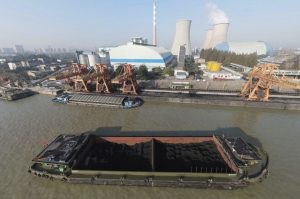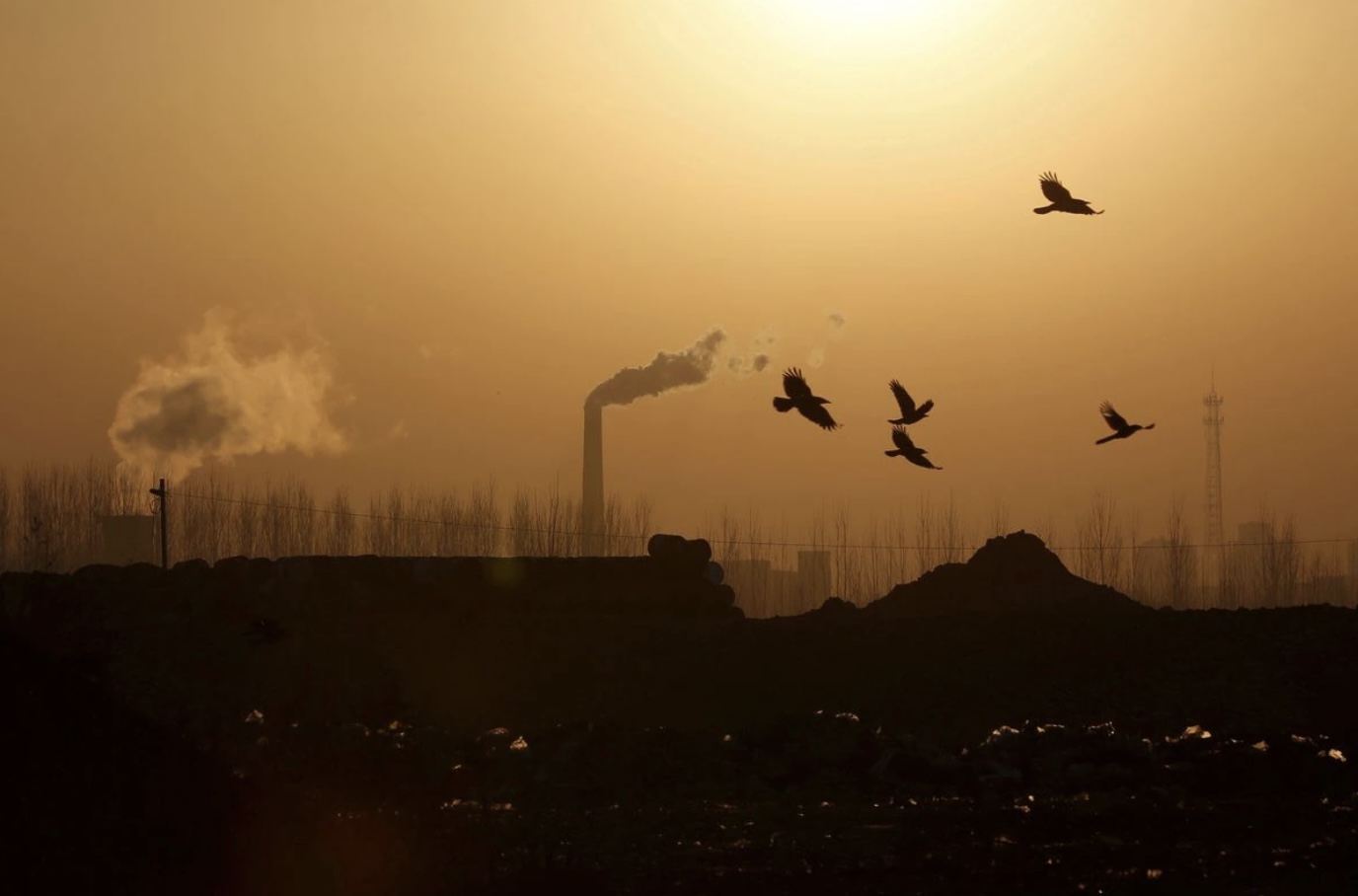China’s Factory Inflation Grows at Fastest Pace in Years
Radha Patel
International Business Editor
Fears of stagflation are mounting in China as factory gate prices accelerate, which are costs at which wholesalers buy materials from producers. At the same time, there is a slew of contributing factors. One such factor is slow economic growth in China, as there is also a decline in manufacturing. Adding to this problem is the inflation of energy prices due to coal mines that experienced flooding, which led to prices as high as $360 per ton in the US. This is on top of the lower coal output to conform with clean energy goals. The “tight supply of domestic energy,” as a senior statistician at China’s National Bureau of Statistics (NBS), Dong Lijuan, noted, was also due in part to the rising oil prices, which reached $85 in the US.
However, there may be good news considering the downward turn of economic events. Analysts from Citi believe that inflation will not remain high for long and that “stagflation concerns should ease ahead.” Until then, measures have been proposed to mitigate the effect of inflated prices on consumers. This includes pledges by coal miners to reduce prices.

Concerns about the effects of inflation were not limited to energy demands, but to food as well. The inflation went up faster than anticipated and deepened the fear that necessities would be affected, as food prices rose by 16.6%.
President Xi Jinping had earlier proposed reforms to China’s business processes, but this plan will have to be paused until inflation concerns cease. In response to soaring prices, consumers have less disposable income and the rise in Covid outbreaks may further limit their spending as consumers opt to remain indoors.
Contact Radha at radha.patel3@student.shu.edu

